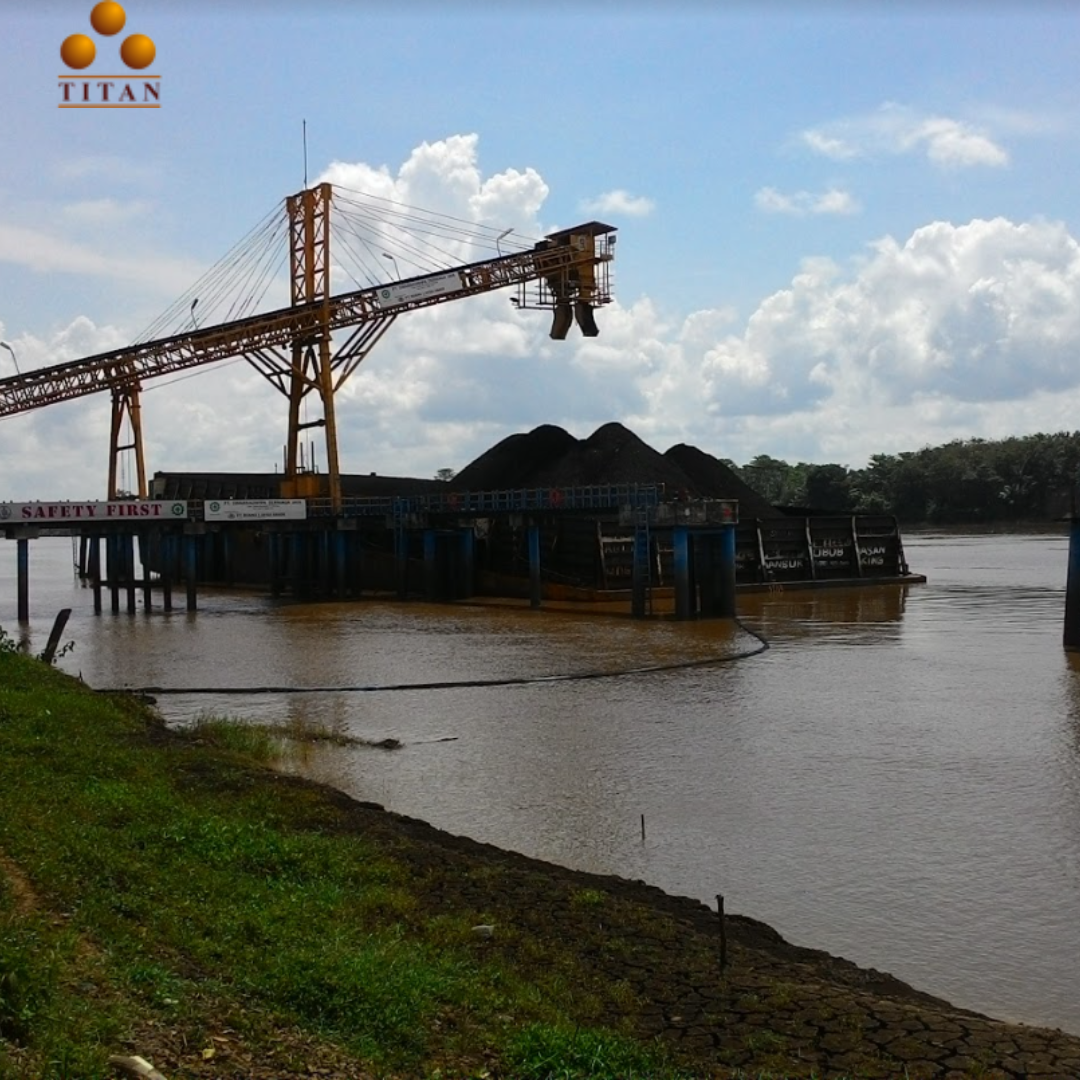Indonesia, as a developing country, has an increasing need for energy every year. However, to meet these energy needs, adequate energy infrastructure is needed. For some readers who don’t understand what Energy Infrastructure is, this article will discuss it in full.
What is Energy Infrastructure?
Energy Infrastructure is an engineering and construction practice to manage and extract natural resources, such as minerals, metal ores, petroleum, natural gas, coal, sunlight, water and air for industrial needs. These natural resources are used in industrial or commercial processes and for the generation of electricity.
Infrastructure Urgency for National Growth
The availability of energy infrastructure is very urgent to be realized. Although its use will not be immediately felt in the near future, but in the next few years. If not, efforts to distribute energy in Indonesia will be even more difficult. Data from the National Energy Council (DEN) states that energy demand will increase in the 2020-2050 period and this must be balanced with diversification by increasing the contribution of New and Renewable Energy (EBT) from 11% to 15%.
Negative Impact If Infrastructure Is Not Fulfilled
Rudi Rubiandini, former deputy minister of Energy and Mineral Resources (ESDM), revealed that Indonesia in the near future will become an energy importer country, be it oil or gas. Currently oil and gas production is still running. However, with an increase in demand for necessities that is not matched by production, the state has no other way than to import to meet these needs.
According to Rudi, the jargon of energy saving that is echoed by many people is not a solution to anticipate increased energy consumption. Indonesia still needs to grow and develop. The consequence of this growth is an increase in energy consumption. Therefore, it is necessary to make efforts to increase energy production and its management so as not to rely solely on imports.
Government Prepares Energy Transition Mechanism
The government seeks to meet national energy needs by establishing development cooperation with the Asian Development Bank (ADB). This cooperation takes the form of a feasibility study and implementation design of the Energy Transition Mechanism (MTE). ADB is currently conducting an analysis study on several Steam Power Plants (PLTU) in Indonesia. Previously, ADB had conducted a survey of which PLTUs were feasible to develop in the pre-feasibility study. MTE aims to help mobilize funds for the repair and development of PLTU so that it has a larger capacity with lower production costs.
Titan Infra Energy and Energy Infrastructure
Titan Infra Energi’s activities do not only focus on building power plants, but also pay attention to sustainable environmental aspects. This is in line with the government’s efforts to increase the contribution of New, Renewable Energy (EBT) in Indonesia.
Titan Infra Energi also participates in supporting government programs in implementing the Energy Transition Mechanism (MTE). In this case, Titan Infra Energi plays a role in expanding the electricity transmission network in Sumatra. By expanding the network, it is expected to be able to reduce dependence on power plants based on fossil fuels.
Apart from that, Titan Infra Energi has also made investments in the renewable energy sector such as solar power plants and hydroelectric power plants. This investment is proof of Titan Infra Energi’s commitment to support government programs to increase the contribution of renewable energy in Indonesia.
Energy infrastructure has a very important role in meeting national energy needs. Efforts to increase the availability and quality of energy infrastructure must be continued in order to keep pace with Indonesia’s increasingly rapid economic growth.
The government has made efforts to meet the needs of national energy infrastructure through various programs and collaborations, such as the Energy Transition Mechanism (MTE) and diversification of energy sources by increasing the contribution of New and Renewable Energy (EBT).
Support from various parties, including private companies such as Titan Infra Energi, is also very important in supporting government programs to increase the availability and quality of energy infrastructure in Indonesia. Hopefully the efforts that have been made can provide great benefits for the sustainability of Indonesia’s development in the future.

